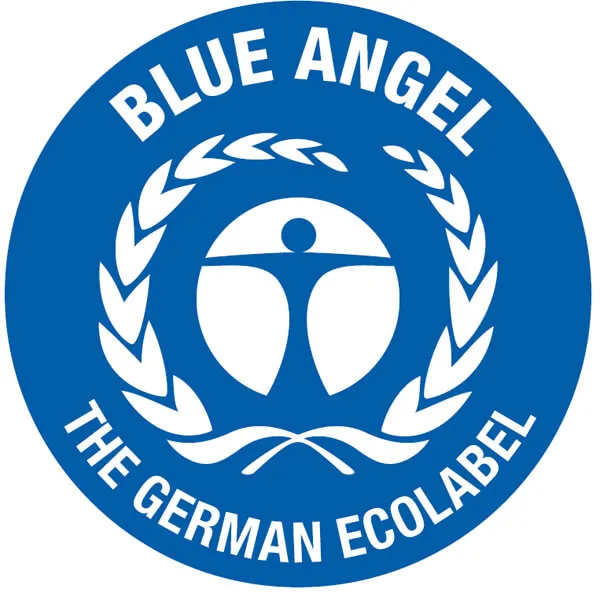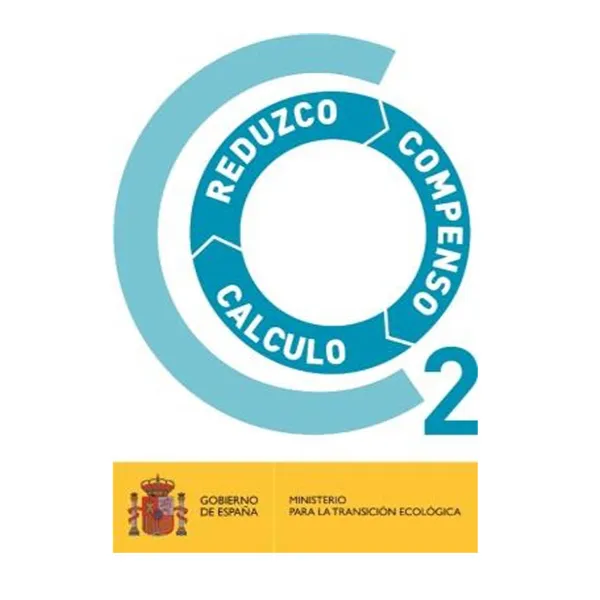Digital Product Passport (DPP)
Transforming product traceability. Helping you move towards digital transformation through the implementation of the Digital Product Passport (DPP).
In today’s context of sustainability and the circular economy, the Digital Product Passport (DPP) emerges as a key tool for ensuring traceability, transparency, and efficiency throughout a product’s lifecycle. This digital system provides direct and transparent access to all relevant information about a product’s life, from its materials to its carbon footprint.
The DPP promotes both trust and responsibility, while driving the circular economy by improving efficiency and reducing waste. By offering complete and verifiable traceability, it enables companies and consumers to make more informed decisions aligned with sustainability and ethical values.
What is the Digital Product Passport?
The Digital Product Passport is an innovative digital tool that provides detailed information on a product’s lifecycle. It uses blockchain technology and other digital systems to offer a transparent and verifiable record of the product’s characteristics, composition, origin, manufacturing processes, and more. Its goal is to give consumers, businesses, and regulators access to comprehensive data, fostering traceability and transparency across industry sectors.
The DPP ensures that products comply with environmental and social standards, and contributes to the circular economy and waste reduction by making crucial data more accessible for recycling and reuse.
What information does the DPP provide?
This real-time system offers data such as:
- Material origin: Detailed information about the materials used, their source, and responsible sourcing practices.
- Manufacturing process: Information about production processes, suppliers, and working conditions.
- Use phase: Instructions, maintenance guidelines, and estimated lifespan.
- Carbon footprint: Data on CO₂ emissions generated during production, transport, and use of the product.
- Environmental impact: Information on natural resource usage, energy consumption, and waste management.
- Certifications and standards: Data on sustainability certifications and compliance with environmental and social regulations.
- Recycling and reuse instructions: Guidelines for proper end-of-life disposal, promoting the circular economy.
Benefits of the DPP
For consumers:
- Transparency and traceability: Full access to sustainability information about purchased products.
- Trust: Assurance that products meet ethical and environmental standards.
- Empowerment: Ability to make informed purchasing decisions that contribute to environmental protection.
For businesses:
- Competitive differentiation: Demonstrating a commitment to sustainability can be a key market differentiator.
- Regulatory compliance: Facilitates adherence to global environmental regulations and standards.
- Supply chain efficiency: Improved resource and waste management, optimising production and reducing costs.
For the environment:
- Impact reduction: Helps reduce carbon footprint and improve resource efficiency.
- Circular economy promotion: Encourages product recycling and reuse, reducing waste.
How does the DPP work?
The DPP operates through transparent and verifiable digital records. Via a secure platform, each product is registered at the beginning of its lifecycle with relevant data, which is updated as it moves through manufacturing, distribution, use, and recycling stages.
- Product registration: The manufacturer provides initial data on materials, processes, and standards.
- Blockchain technology: Information is securely stored on a blockchain to ensure integrity and accessibility.
- Continuous updates: Records are updated throughout the product’s lifecycle, including manufacturing location changes, carbon emissions, and recycling processes.
- Consumer access: Consumers can access this information via QR codes, apps, or web platforms, offering a clear view of the product’s impact.
Sectors where the DPP applies
It is expected that digital passports will eventually be extended to all products, as the European Commission promotes the creation of a circular economy through regulations that encourage traceability and sustainability in all sectors. The Ecodesign for Sustainable Products Regulation (ESPR) and other European policies aim to increase transparency and improve end-of-life product management, implying that digital passports will not be limited to a specific category but will cover a broader range of products.
Key sectors include:
- Textile industry: Clothing and accessories focusing on sustainable materials and ethical production.
- Food and beverages: Products that wish to showcase their origin and responsible farming practices.
- Electronics: Devices with information about environmental impact and component recyclability.
- Automotive: Vehicles with data on materials, energy efficiency, and carbon footprint.
- Construction: Sustainable building materials with lifecycle and recyclability information.
- Consumer goods: Everyday items such as cosmetics, household utensils, and more.
Are there regulatory hurdles to overcome before widespread adoption?
Yes, several regulatory challenges must be addressed before DPPs can be widely adopted. One of the main concerns is confidentiality and data management.
Digital passports contain detailed product information, such as composition, carbon footprint, and recyclability—data that may include sensitive information about both the product and manufacturing processes. It is essential to establish clear regulatory frameworks to ensure this data is handled securely, respecting privacy and protecting confidential business information.
The processing of personal data must also align with the General Data Protection Regulation (GDPR), especially if DPPs include information linked to individuals or if identification technologies are tied to personal records. The implementation of DPP systems must ensure compliance with privacy regulations and limit access to relevant information to authorised parties only.
Driving DPP development at AIMPLAS
At AIMPLAS, as a leading technological centre in the plastics sector, we are committed to innovation and sustainability. Our goal is to support plastic industry companies in advancing digital transformation through the implementation of DPPs.
We have been and continue to be actively involved in various collaborative projects aimed at developing and implementing DPPs in plastic products from sectors such as toys and food, among others. Additionally, we have created a DPP demonstrator, showcased at conferences, exhibitions, and international events, to demonstrate the capabilities of this technology and how it can be applied to improve sustainability and efficiency in the plastics industry.
The future of the DPP
The DPP represents a step forward in product traceability and transparency across global supply chains. Over the coming years, it is expected that this technology will be widely adopted to meet international sustainability regulations and to foster trust between companies and consumers.
As digital technologies continue to advance, interoperability between platforms will be key to ensuring that DPP data is universally accessible. This will enable consumers to make informed choices that benefit both the environment and the global economy by promoting circular and responsible business models.






